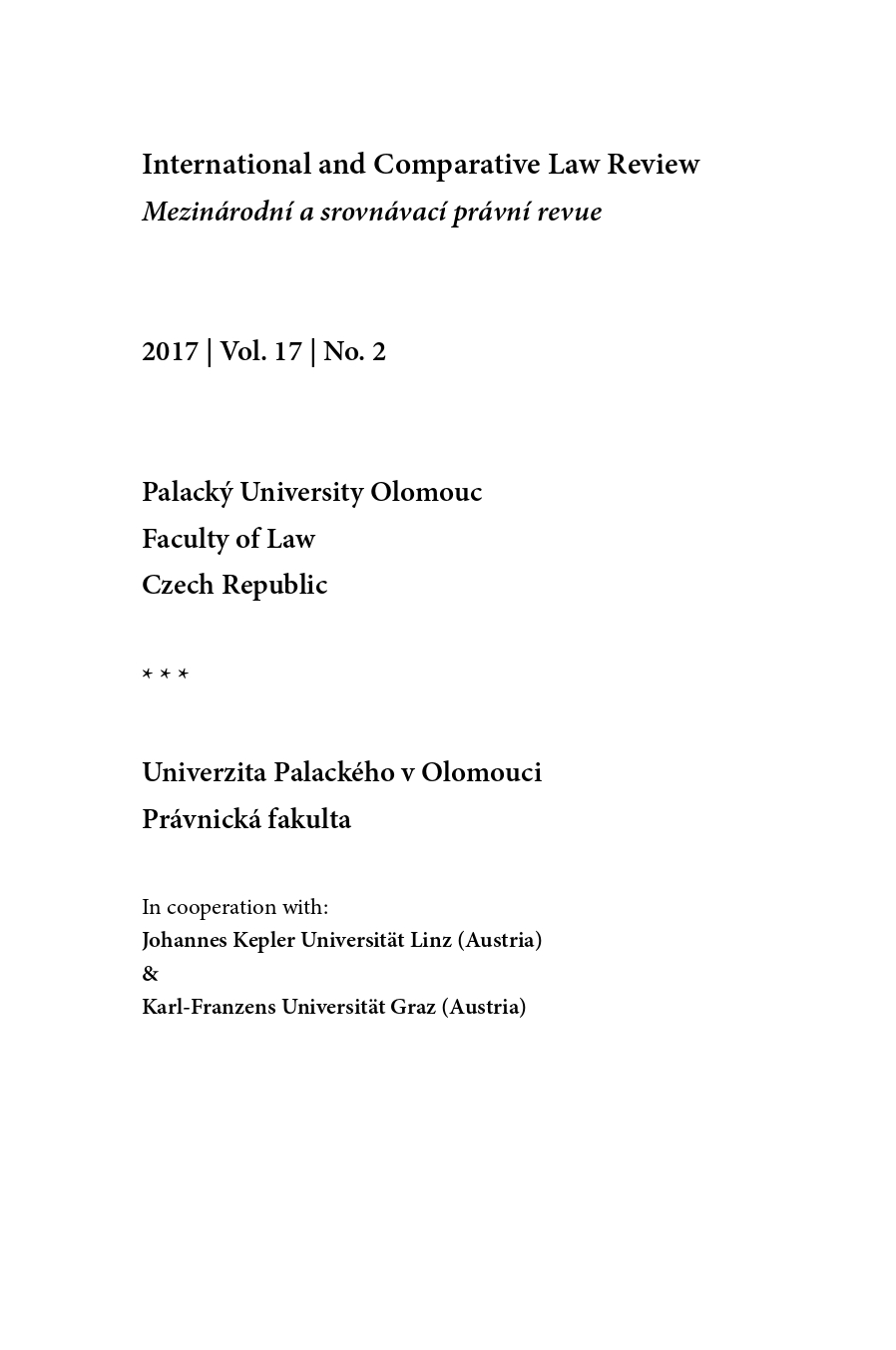The Role of the European Court of Human Rights in Promoting Horizontal Positive Obligations of the State
The Role of the European Court of Human Rights in Promoting Horizontal Positive Obligations of the State
Author(s): Monika Florczak-WątorSubject(s): Criminal Law, Civil Law, International Law, Human Rights and Humanitarian Law, Court case
Published by: Univerzita Palackého v Olomouci_1
Keywords: European Court of Human Rights; European Convention on Human Rights; positive obligations of the State; horizontal relations;
Summary/Abstract: Over the last forty years the concept of the horizontal positive obligations of the State Parties to the European Convention on Human Rights has been developing in a number of cases of the European Court of Human Rights. This concept extends the protection of Convention rights and freedoms to horizontal relations, that is, to the relations between two private parties. However, the Convention on Human Rights can be violated only by the State; the violation by private parties is not possible, as private parties are not parties to the Conventions. Therefore, the only way to challenge a violation of Convention rights committed by private parties is to link this action to an act or omission of the State, and to claim that the State is responsible for it. This, in turn, requires demonstrating that the Convention obliges the State to protect one individual’s Convention rights from violations committed by other individuals. The State has a wide margin of appreciation as to how it discharges the obligation to protect Convention rights against violations by private individuals.
Journal: International and Comparative Law Review
- Issue Year: 17/2017
- Issue No: 2
- Page Range: 39-53
- Page Count: 15
- Language: English

